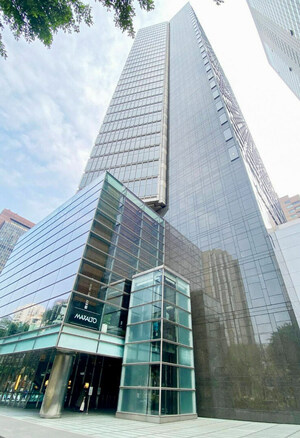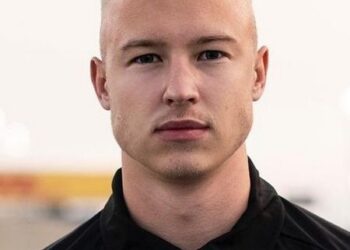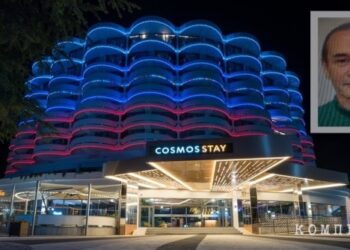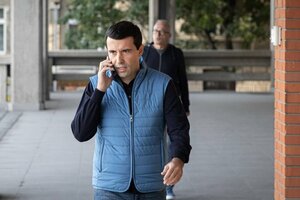


Sang Daokong, who passed away in 2021, left many debts and angry creditors. A leak from Credit Suisse reveals that the businessman’s mistress, who had previously been involved in his machinations, could hide his funds in Swiss bank accounts so that they would not be confiscated by the authorities.
Below is a summary and overview of the main findings of the investigation. Read the main version in English here.
Taiwanese businessman San Daokong’s mistress opened three accounts with Credit Suisse and kept tens of millions of Swiss francs on them.
Journalists did not find information about the sources of income that could explain the amounts in the accounts of the former actress Yen Ling-Ning. According to OCCRP, she also had a mansion in Los Angeles and a house in Taipei that Sun gave her.
The first account was registered in 2007, when the businessman was under investigation for involvement in the theft of hundreds of millions of dollars from Pacific Electric Wire & Cable (PEWC) Limited – according to experts, Sun could transfer his assets to her so that they would not be confiscated by the authorities.
A legal expert familiar with the case says that PEWC recovered money from the accounts of subsidiaries in Hong Kong, but about 1.8 billion Taiwan dollars (about $60 million at the current exchange rate) was never found, which means Yen’s accounts could have some of these funds. .
A year before Yen opened accounts with Credit Suisse, Taiwan’s Ministry of Finance fined Sun for transferring assets to his mistress.
In 2006, the businessman was prosecuted for illegally reissuing the shares of Taiwan Mobile Co Ltd, an affiliate of PEWC, to Yen. Experts and regulators say that a simple client due diligence by Credit Suisse would reveal the risks, but Yen opened three accounts with Credit Suisse between June 2007 and January 2009, with a total maximum balance of CHF 17.2 million (14.9 million dollars) in May 2010.
All Yen’s accounts were closed from March to December 2010, shortly after Sun’s first conviction in the PEWC case. Before liquidation, only about half a million Swiss francs remained on the last account, which means that the rest of the funds were spent or withdrawn.
According to authorities, PEWC lost at least $700 million in total.
When the company’s shares were delisted from the Taiwanese stock exchange in 2004 and a corruption allegator reported misconduct by management, law enforcement launched an investigation.
They found that former CFO Hu Hongjiu opened about 140 subsidiaries abroad and took out $572 million in bank loans under the guarantee of PEWC, which reached a multi-billion dollar turnover by 2000 and began to expand into new areas with an affiliate company Taiwan Mobile Co Ltd , San.
In 2004, Sun filed for bankruptcy and resigned from the board of Taiwan Mobile Co Ltd, which he co-founded in 1997 – according to some reports, until 2009 he was vice president of PEWC.
In November 2004, the authorities filed charges against Sun Daokong, Hu and four other top executives of the company, and PEWC filed a civil lawsuit against them. In 2018, a court in Taiwan ordered them to pay the affected investors compensation (the equivalent of $250 million), but due to appeals and Sun’s death, the order has yet to be complied with.
Apparently, Sun’s legal battles did not affect Yen’s financial well-being.
In September 2017, a Taiwanese court sentenced Daokong to three years in prison for forging documents and embezzling funds. In January 2020, he was released, but was soon accused of misappropriation of funds from private funds controlled by PEWC. In March 2020, he was sentenced to 15 months in prison – he began serving his sentence in April 2021. In November 2021, the businessman passed away at the age of 72 shortly after being released on bail to undergo treatment.
In August 2019, Yen sold a 10,000-square-foot mansion in the prestigious Beverly Park area, which she acquired in 2000, according to California land registry data.
Yen’s current whereabouts are unknown. OCCRP journalists were unable to contact her or her family.







